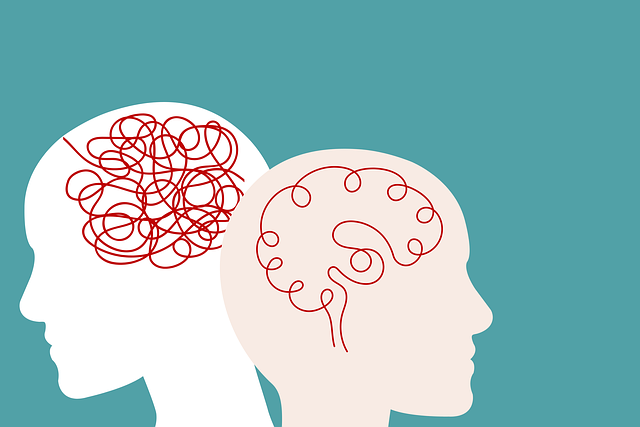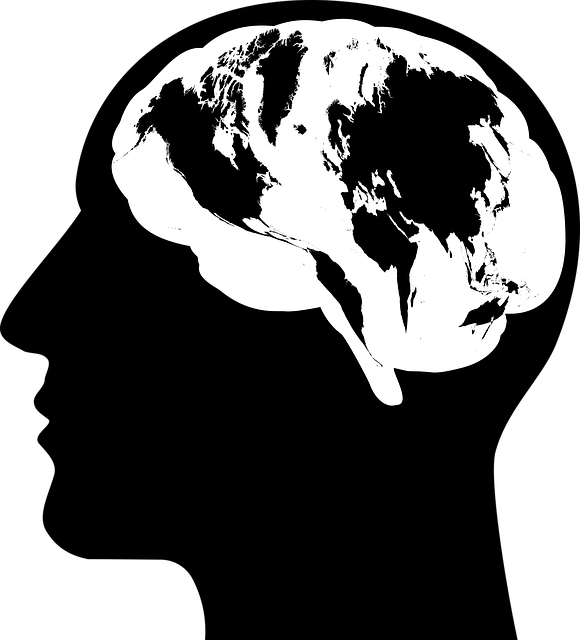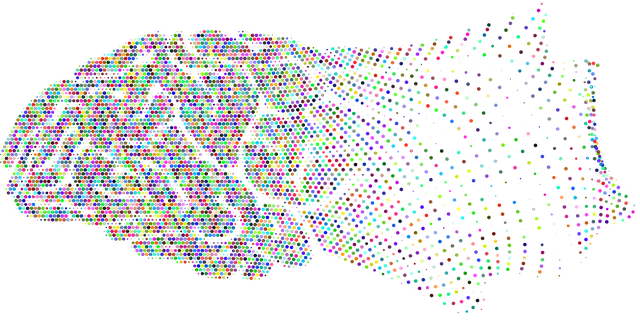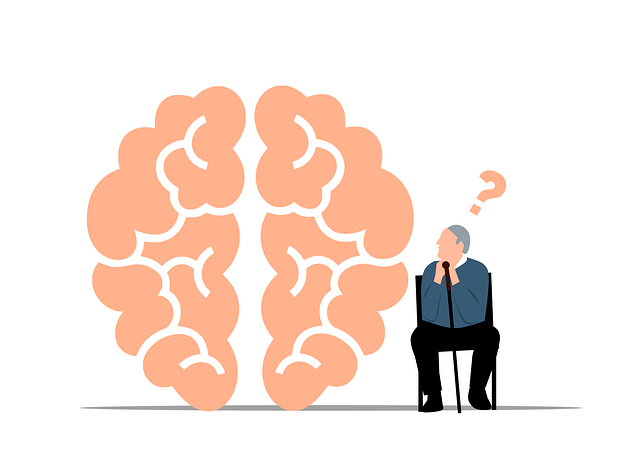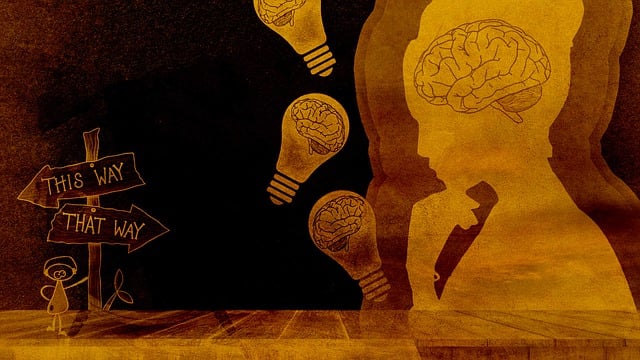Crisis intervention is vital for young children's mental health, with Therapy for Young Children (TYC) using EMDR-certified therapists to implement techniques like bilateral stimulation. These methods help process trauma, reduce anxiety and PTSD, foster resilience, and prevent burnout in both children and healthcare providers. EMDR empowers kids with coping mechanisms while burnout prevention strategies ensure provider well-being, ensuring effective crisis management and tailored mental health care for young clients.
In times of crisis, effective intervention strategies are paramount, especially when supporting young children. This article offers a comprehensive guide through the complex landscape of crisis intervention, focusing on strategies tailored for young minds. We explore the significance of understanding childhood crises and delve into the specialized role of EMDR-certified therapists in managing these situations. Additionally, we present practical techniques to empower professionals and caregivers with tools to offer immediate and effective support during challenging times.
- Understanding Crisis Intervention for Young Children
- The Role of EMDR Certified Therapists in Child Crisis Management
- Practical Strategies and Techniques for Effective Support
Understanding Crisis Intervention for Young Children

Crisis intervention is a critical aspect of supporting young children who are facing significant emotional or psychological distress. For these vulnerable individuals, early intervention can make a profound difference in their long-term mental health and well-being. Understanding crisis intervention involves recognizing the unique challenges faced by young children and tailoring therapeutic approaches to meet their specific needs.
One effective approach gaining recognition is Eye Movement Desensitization and Reprocessing (EMDR), a therapy for young children that has been shown to be particularly beneficial in treating trauma and anxiety. EMDR Certified therapists utilize techniques such as mindfulness meditation to help children process traumatic memories and develop coping strategies, thereby fostering resilience and reducing the risk of burnout. Given the demanding nature of their work, healthcare providers involved in crisis intervention can also benefit from burnout prevention strategies, ensuring they are better equipped to support young clients effectively while maintaining their own mental health.
The Role of EMDR Certified Therapists in Child Crisis Management

EMDR (Eye Movement Desensitization and Reprocessing) Certified Therapists play a pivotal role in crisis intervention strategies for young children. This specialized therapy approach has proven effective in helping children process traumatic experiences, fostering positive thinking, and promoting emotional healing. By integrating rapid, bilateral stimulation techniques during therapy sessions, EMDR-certified therapists enable children to reprocess distressing memories, reduce the intensity of associated emotions, and gain new perspectives.
This holistic approach not only supports the mental health of young individuals but also serves as a valuable tool for burnout prevention strategies within healthcare provider teams. In light of the increasing demand for mental health education programs designed to cater to children’s unique needs, EMDR-certified therapists contribute significantly to effective crisis management. Their expertise ensures that children receive tailored care, ultimately enhancing their ability to cope with and overcome challenging situations.
Practical Strategies and Techniques for Effective Support

Crisis intervention strategies require a delicate balance of practical techniques and empathetic support. For young children experiencing distress, Therapy for Young Children (TYC) offers a specialized approach. EMDR-certified therapists utilize eye movement desensitization and reprocessing to help kids process traumatic memories and emotions in a safe, controlled environment. This technique has proven effective in reducing symptoms of anxiety and PTSD, fostering resilience, and promoting healthy coping mechanisms.
In addition to TYC, Mental Illness Stigma Reduction Efforts play a crucial role in providing holistic crisis support. Healthcare providers can prevent burnout by implementing Burnout Prevention Strategies, ensuring they prioritize self-care and maintain work-life balance. Regular risk assessments for mental health professionals are also essential (Risk Assessment for Mental Health Professionals), enabling early identification of potential risks and facilitating timely interventions to safeguard both practitioners and their clients.
In conclusion, crisis intervention plays a vital role in supporting young children through challenging situations. By understanding specific approaches like those outlined in this article—including the effective use of EMDR-certified therapists and practical strategies—we can enhance therapy for young children and help them navigate crises with greater resilience. These evidence-based methods are essential tools for professionals seeking to make a profound and lasting impact on the lives of young individuals.







